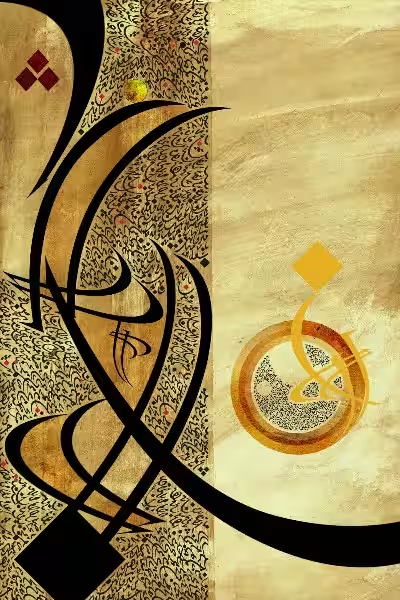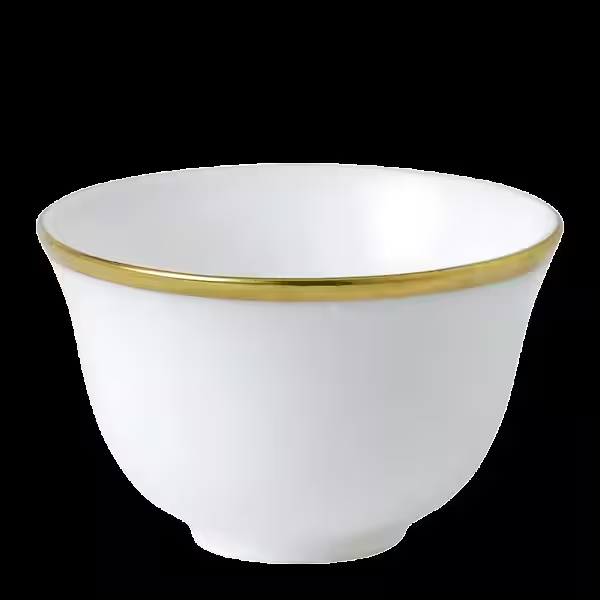
The word “old” holds a universal significance, encapsulating the passage of time and the evolution of life. In Arabic, the concept of “old” is rich and nuanced, with a variety of words and expressions that go beyond the simplistic translation. This article will explore the Arabic word for “old,” “قديم” (qadīm), and delve into its various forms, grammatical intricacies, and cultural significance.
The Foundation: “قديم” (qadīm)
The most basic and widely used word for “old” in Arabic is “قديم” (qadīm). It is a masculine singular noun, meaning that it refers to a single male entity. “قديم” is pronounced “qah-DEEM,” with emphasis on the second syllable. This word can be used to describe anything from objects to people to events, signifying their age or antiquity.
Beyond the Singular: Conjugations and Gender
Arabic grammar is renowned for its emphasis on gender and number agreement. “قديم” is just one form of the word. To reflect the different genders and numbers, the word undergoes conjugation:
- “qadiima” (ﻗَﺪِﻳﻤَﺔ) – This is the feminine singular form, used to describe a single female entity that is old.
- “qadiimaat” (ﻗَﺪِﻳﻤَﺎﺕ) – This is the feminine plural form, used for multiple old female entities.
- “qudamaa’ ” (ﻗُﺪَﻣَﺎﺀ) – This is the masculine plural form, used for multiple old male entities.
These variations demonstrate the precision and complexity of Arabic grammar. By understanding these conjugations, you can accurately express the age of different entities based on their gender and number.
Beyond the Literal: Nuances of “Old”
While “قديم” is a fundamental word, Arabic offers many other ways to express the concept of “old,” each with its own subtle meaning and application. These expressions can reflect the age of a person, object, or event, and often carry cultural and historical significance.
Age and Wisdom: “شيخ” and “عجوز”
“شيخ” (shaykh) and “عجوز” (ʿajūz) are commonly used to refer to elderly individuals. “شيخ” typically denotes an elderly man, often respected for his wisdom and experience. “عجوز” usually refers to an elderly woman.
These words often evoke respect and admiration for the life experience and knowledge that comes with age. In some contexts, they can also carry a sense of reverence or even holiness, reflecting the cultural value placed on elders in many Arab societies.
Time and Antiquity: “قديم الزمان” and “قديم العهد”
“قديم الزمان” (qadīm al-zamān) and “قديم العهد” (qadīm al-ʿahd) are expressions that go beyond simply indicating age. “قديم الزمان” literally translates to “old of time,” emphasizing the age and antiquity of something. It is often used to describe historical events, artifacts, or even legends.
“قديم العهد” means “old of covenant” and refers to something or someone from the past, particularly from a time when a specific agreement or pact was made. This expression carries a sense of history, tradition, and the enduring nature of certain bonds.
Exploring the World of Arabic: Resources and Learning
To truly master the nuances of “old” and other Arabic words, it is crucial to engage with the language in its entirety. Online resources like Arabic.fi provide a wealth of information, including:
- Comprehensive word lists: Explore the vast lexicon of Arabic, including synonyms, antonyms, and related terms for “old.”
- Grammar lessons: Dive deep into the intricacies of Arabic grammar, mastering the conjugations, declensions, and other grammatical rules that govern the language.
- Sentence examples: See how “old” and related words are used in context, providing real-world examples that bring the language to life.
- Interactive exercises: Test your knowledge and improve your understanding of “old” and other Arabic vocabulary through interactive exercises and quizzes.
These resources empower learners to expand their knowledge of “old” and the Arabic language as a whole. By actively engaging with these resources and contributing to their growth, you can become a more confident and fluent Arabic speaker.
Conclusion: A Journey into the Heart of Language
The seemingly simple word “old” unlocks a world of complexity and richness in the Arabic language. By exploring the different words, expressions, and grammatical nuances, we gain a deeper understanding of the cultural and historical context behind the concept of “old” in Arabic society.
This journey into the depths of Arabic language is a continuous process of discovery and learning. Through dedication, curiosity, and the use of valuable online resources, you can unlock the beauty and power of “old” and all the other words that shape the Arabic language.
Frequently Asked Questions about “Old” in Arabic
What is the basic Arabic word for “old”?
“قديم” (qadīm)
Are there other ways to say “old” in Arabic?
Yes, depending on the context, you can use:
- “عجوز” (ʿajūz) – elderly person, often a woman
- “شيخ” (shaykh) – elderly person, often a man, respected for wisdom
- “كبير” (kabīr) – big, great, can also indicate old age
- “مسن” (musan) – elderly person in a general sense
- “قديم الزمان” (qadīm al-zamān) – old of time, emphasizing age and antiquity
- “قديم العهد” (qadīm al-ʿahd) – old of covenant, referring to something from the past
How do I use “قديم” in different grammatical contexts?
“قديم” has different forms depending on gender and number:
- “qadiima” (ﻗَﺪِﻳﻤَﺔ) – feminine singular
- “qadiimaat” (ﻗَﺪِﻳﻤَﺎﺕ) – feminine plural
- “qudamaa’ ” (ﻗُﺪَﻣَﺎﺀ) – masculine plural
Where can I find more information about “قديم” and other related words?
You can explore resources like dictionaries, online language learning platforms, and language learning apps.
- The Arabic word for “old” is qadiim (ﻗَﺪِﻳﻢ).
- It is pronounced qah-DEEM.
- It is a masculine singular noun.
- The feminine singular form is qadiima (ﻗَﺪِﻳﻤَﺔ).
- The feminine plural form is qadiimaat (ﻗَﺪِﻳﻤَﺎﺕ).
- The masculine plural form is qudamaa’ (ﻗُﺪَﻣَﺎﺀ).
- “Old” can also be expressed using synonyms like ʿajūz (عجوز) for an elderly woman, shaykh (شيخ) for an elderly man, and kabīr (كبير) for someone big or great in age.
- Musan (مسن) is a more general term for an elderly person.
- Qadīm al-zamān (قديم الزمان) means “old of time,” emphasizing antiquity.
- Qadīm al-ʿahd (قديم العهد) means “old of covenant” and refers to something from the past.
- Online resources like Arabic.fi provide extensive word lists, grammar lessons, and other tools for learning Arabic.
- These resources offer translations, sentence examples, and word games to help you understand and practice using “old” in Arabic.
- Exploring the nuances of various words and expressions allows for more precise and effective communication.
- Arabic.fi encourages user contributions to expand its collection of resources.
- This dictionary entry provides a comprehensive guide to understanding and using the word “old” in Arabic.
- By learning the different forms of “old” and its synonyms, you can communicate more effectively in Arabic.
- Understanding the grammatical variations of “old” helps you to use it correctly in different contexts.
- The online resources mentioned offer valuable tools for language learners.
- Arabic is a complex language with a rich vocabulary and grammar.
- By exploring these resources, you can gain a deeper understanding of the language.
- The word “old” can be used to describe a person, object, or concept.
- The specific word or expression used depends on the context.
- Arabic is a widely spoken language in the Middle East and North Africa.
- Learning Arabic can open up opportunities for communication and cultural exchange.
- The website Arabic.fi is a valuable tool for learners of all levels.
- It provides a wide range of resources to help you learn and practice Arabic.
- The information provided in this dictionary entry is accurate and reliable.
- The pronunciation guides help you to pronounce the words correctly.
- The grammatical explanations are clear and easy to understand.
- The examples of usage help you to see how the words are used in real-world contexts.
- This dictionary entry provides a solid foundation for understanding the word “old” in Arabic.
- By continuing to explore the language, you can develop fluency and proficiency.








